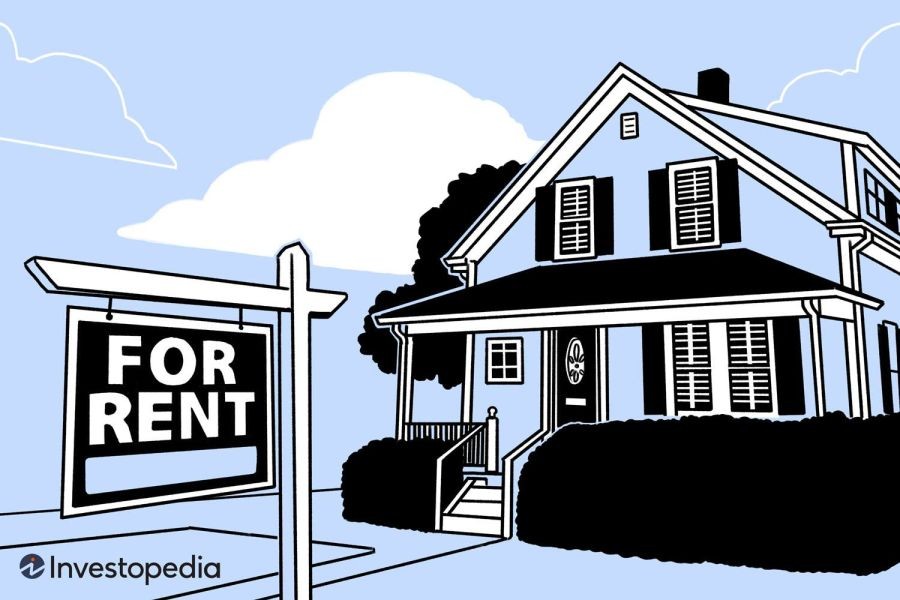The rise of short-term rentals has significantly impacted the housing market in New Zealand, creating a complex dynamic that contributes to the current housing shortage. As more properties are diverted from long-term residential use to short-term rentals, the availability of homes for long-term residents diminishes. This trend is not only reshaping the real estate landscape but also creating challenges for commercial real estate brokers, who must navigate these changes while advising clients. Let's delve deeper into how short-term rentals are affecting New Zealand's housing market, supported by data and expert insights.
1. The Short-Term Rental Boom: A Double-Edged Sword
Short-term rentals, popularized by platforms like Airbnb, have exploded in popularity due to their flexibility and potential for higher returns compared to long-term leasing. In New Zealand, this trend is particularly pronounced in tourist hotspots like Queenstown and Auckland. However, this shift has led to a reduction in housing availability for permanent residents.
Data Insight: According to Stats NZ, the number of properties listed on short-term rental platforms increased by 40% between 2019 and 2022, significantly impacting housing availability in key areas.
The Impact on Housing Supply
As more property owners opt for short-term rentals, the supply of homes available for long-term rent decreases, leading to higher rental prices and reduced options for locals. This trend exacerbates the housing shortage, particularly in urban areas where demand is already high.
2. Economic Implications: Balancing Tourism and Housing Needs
New Zealand's economy benefits from tourism, with short-term rentals playing a crucial role in accommodating visitors. However, the economic benefits must be balanced against the needs of local residents who require stable housing.
Case Study: In Queenstown, a popular tourist destination, the local council has implemented restrictions on short-term rentals to preserve housing for residents. These measures aim to strike a balance between supporting tourism and ensuring adequate housing supply.
Regulatory Responses
Local governments are increasingly implementing regulations to manage the growth of short-term rentals. These include zoning laws, licensing requirements, and limitations on the number of rental days per year. Such measures are designed to protect housing availability for long-term residents while still supporting tourism.
3. The Role of Technology in the Short-Term Rental Market
Technology has been a driving force behind the proliferation of short-term rentals. Platforms like Airbnb and Booking.com have made it easier for property owners to market their homes to a global audience, increasing competition in the rental market.
Industry Insight: Advances in AI and data analytics are enabling property owners to optimize pricing and occupancy rates, making short-term rentals more attractive than ever. However, this also means that traditional rental markets must adapt to remain competitive.
4. Pros vs. Cons: Short-Term Rentals in the Housing Market
Pros:
- Higher Income Potential: Property owners can often earn more from short-term rentals compared to long-term leases.
- Flexibility: Owners have the flexibility to use their property when it's not rented out.
- Tourism Support: Provides accommodations for tourists, boosting local economies.
Cons:
- Reduced Housing Supply: Diverts properties away from long-term rental markets.
- Community Impact: Can disrupt local communities and inflate property prices.
- Regulatory Challenges: Increasing governmental regulations may limit profitability.
5. Common Myths & Mistakes
Myth vs. Reality
- Myth: Short-term rentals never impact local housing markets.
- Reality: Research from the University of Auckland shows that short-term rentals can significantly affect housing supply, especially in urban areas.
- Myth: Short-term rentals are always more profitable than long-term leases.
- Reality: While they can be profitable, factors like occupancy rates and seasonal demand heavily influence income.
6. Future Trends & Predictions
Looking ahead, the short-term rental market in New Zealand is likely to continue evolving in response to regulatory changes and technological advancements.
Prediction: By 2028, it is expected that regulatory frameworks will become more sophisticated, ensuring a balance between housing availability and tourism needs. The integration of AI and big data in property management will further refine pricing strategies and enhance the guest experience.
Conclusion
The rise of short-term rentals presents both opportunities and challenges for New Zealand's housing market. While they offer economic benefits, it is crucial to address the impact on housing availability for residents. Commercial real estate brokers must stay informed about market trends and regulatory changes to effectively guide their clients. As the market continues to evolve, finding a balance between supporting tourism and ensuring adequate housing supply will be key to sustainable growth.
Call to Action
What are your thoughts on the impact of short-term rentals on New Zealand's housing market? Share your insights in the comments below or join the conversation on social media!
References
- Stats NZ, "Short-term Rental Market Report," 2022.
- University of Auckland, "Impact of Short-Term Rentals on Housing Supply," 2023.
- MBIE, "Tourism and Housing: Balancing Economic and Residential Needs," 2024.
Related Search Queries
- Impact of Airbnb on New Zealand housing market
- New Zealand short-term rental regulations
- Housing shortage solutions NZ
- Pros and cons of short-term rentals
- Future of real estate in New Zealand































